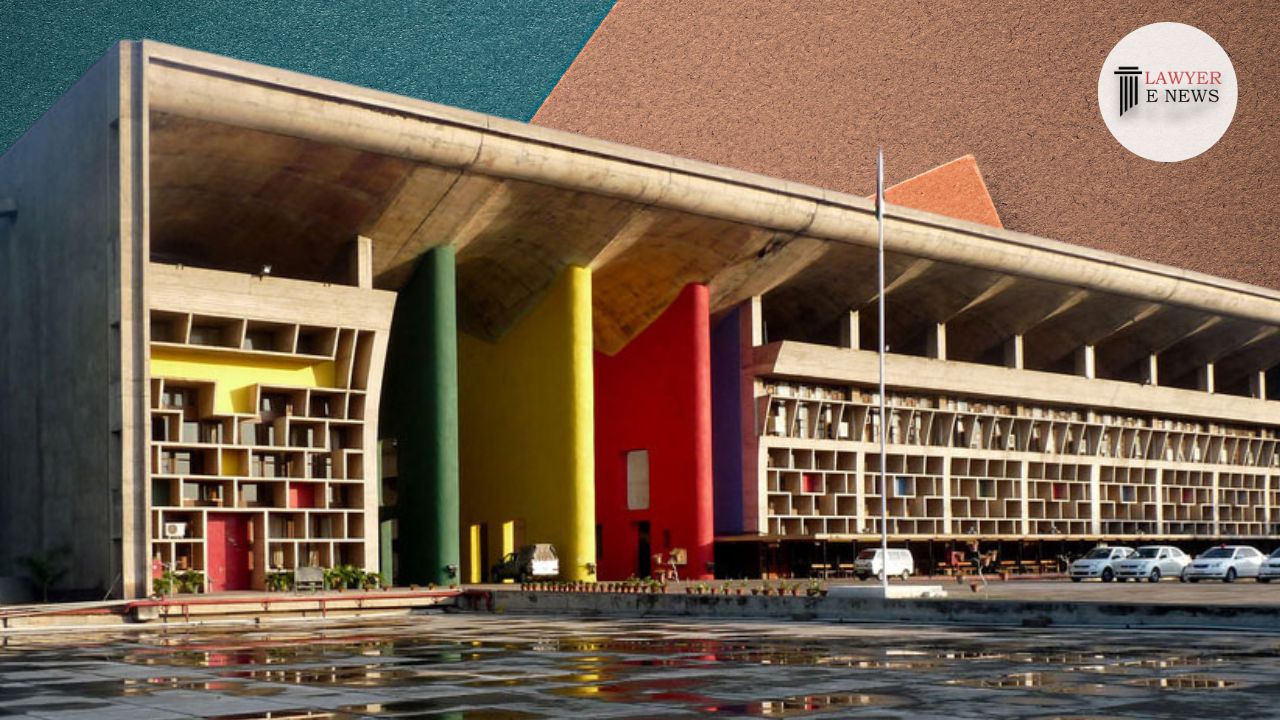-
by sayum
14 February 2026 2:22 PM



The Punjab and Haryana High Court in a pivotal ruling has reaffirmed the immutable principle of property law that “once a mortgage, always a mortgage,” thereby underscoring the perpetual right of redemption in cases of usufructuary mortgages, where no specific redemption period has been defined.
The court dismissed the Regular Second Appeal No. 431 of 1999, where the appellants contested the First Appellate Court’s decision which reversed a Trial Court decree in their favor concerning ownership claims based on adverse possession and mortgage rights over disputed land.
The appellants, represented by the legal heirs of Pritpal Singh, claimed ownership by adverse possession and as mortgagees in possession for over 50 years without redemption by the original owners, the respondents led by Sukhdev Kaur. The First Appellate Court had overturned the initial decree, leading to the present appeal.
Adverse Possession and Mortgage Rights: The court examined the application of adverse possession and the doctrine of mortgage as argued by the appellants, particularly focusing on whether an indefinite period as a mortgagee could extinguish the right to redemption, which the court found unsubstantiated.
Applicability of Full Bench Decisions: Citing precedents, Justice Alka Sarin rejected the appellants’ claim that the absence of an original mortgage deed and specified terms therein could lead to ownership by efflux of time. The judgment reinforced that the right to redemption is inherent and cannot be nullified by the passage of time or by failure to produce the original mortgage document.
Rejection of Additional Evidence: The appellants’ attempt to introduce new evidence under Order 41 Rule 27 of the CPC was denied, with the court emphasizing that such evidence was irrelevant to determining the critical facts of the mortgage’s origination and terms.
Decision: The appeal was dismissed, affirming the decision of the First Appellate Court. The court’s decision underscored the non-extinguishable right of a mortgagor to redeem the property unless explicitly relinquished through contractual terms or judicial decree.
Date of Decision: May 09, 2024
Pritpal Singh (Since Deceased) Thr Lr & Ors. Vs. Sukhdev Kaur & Ors.
